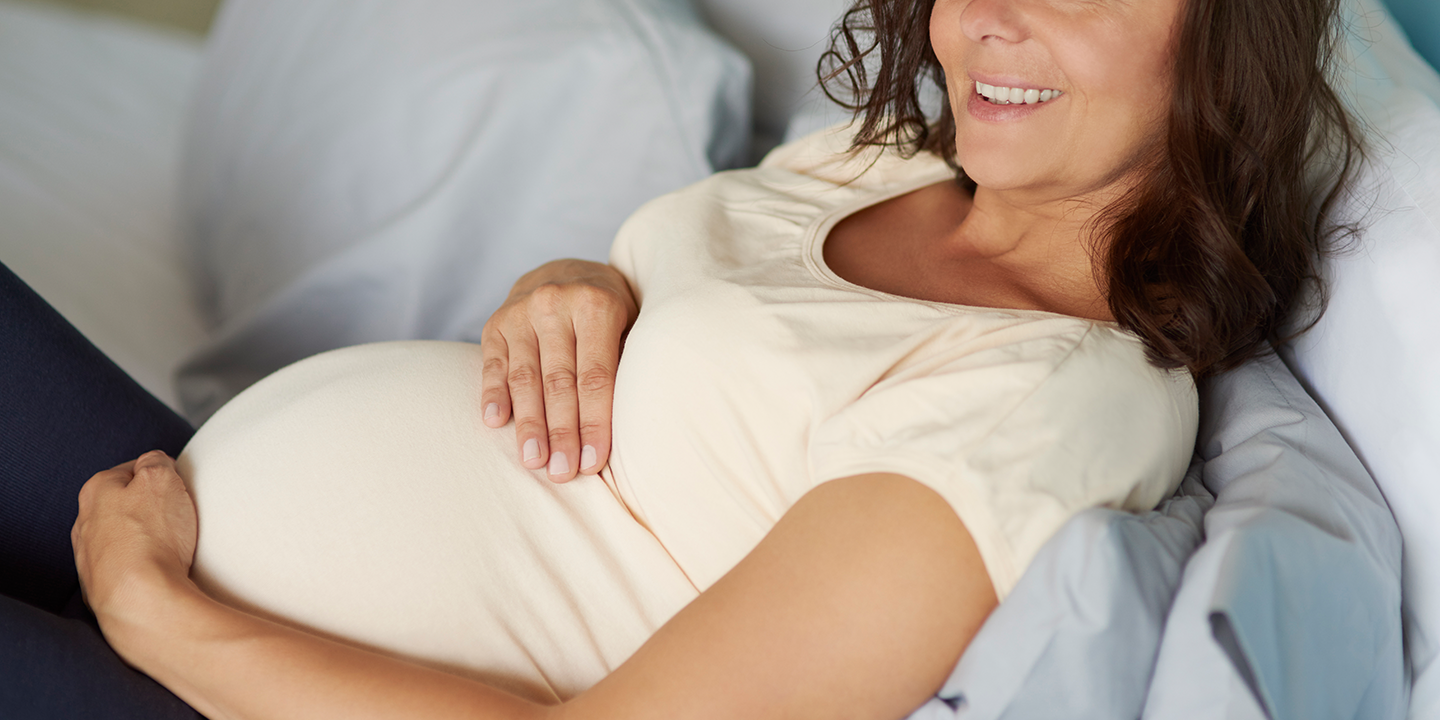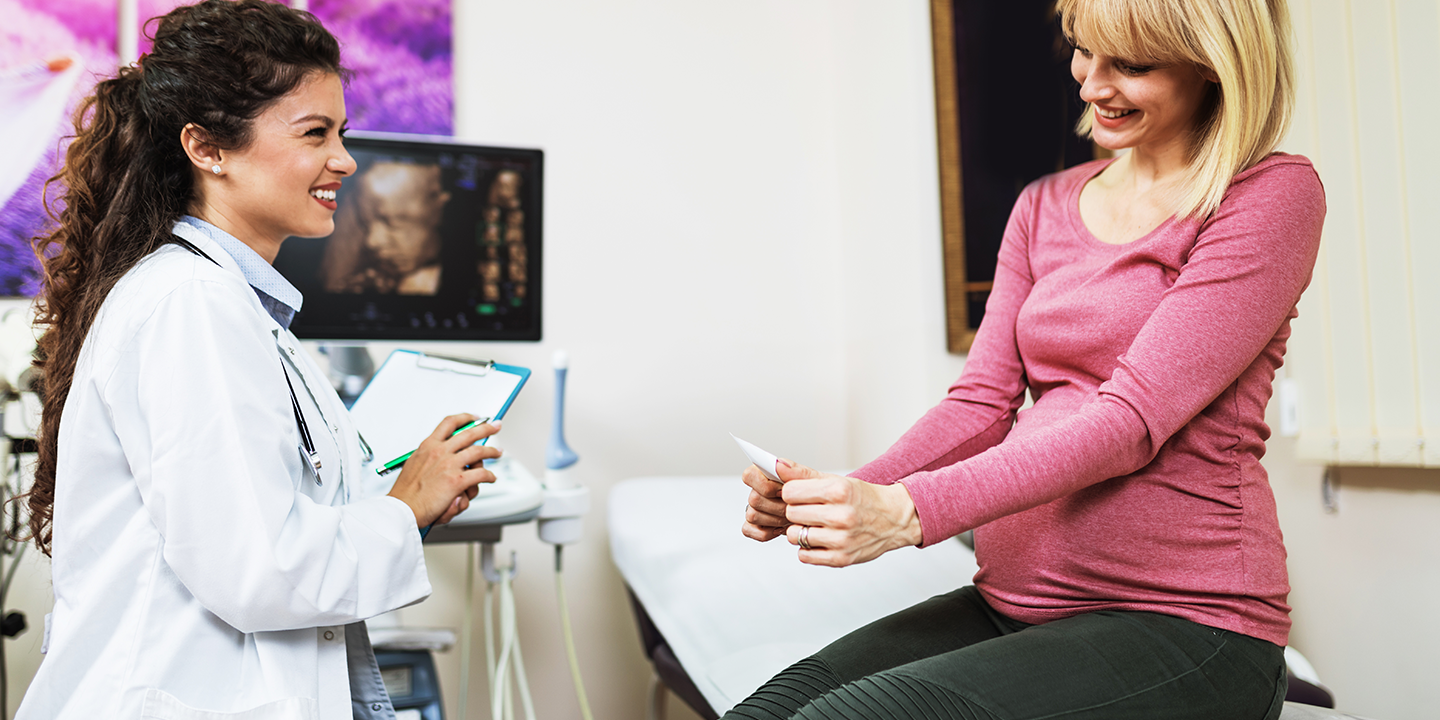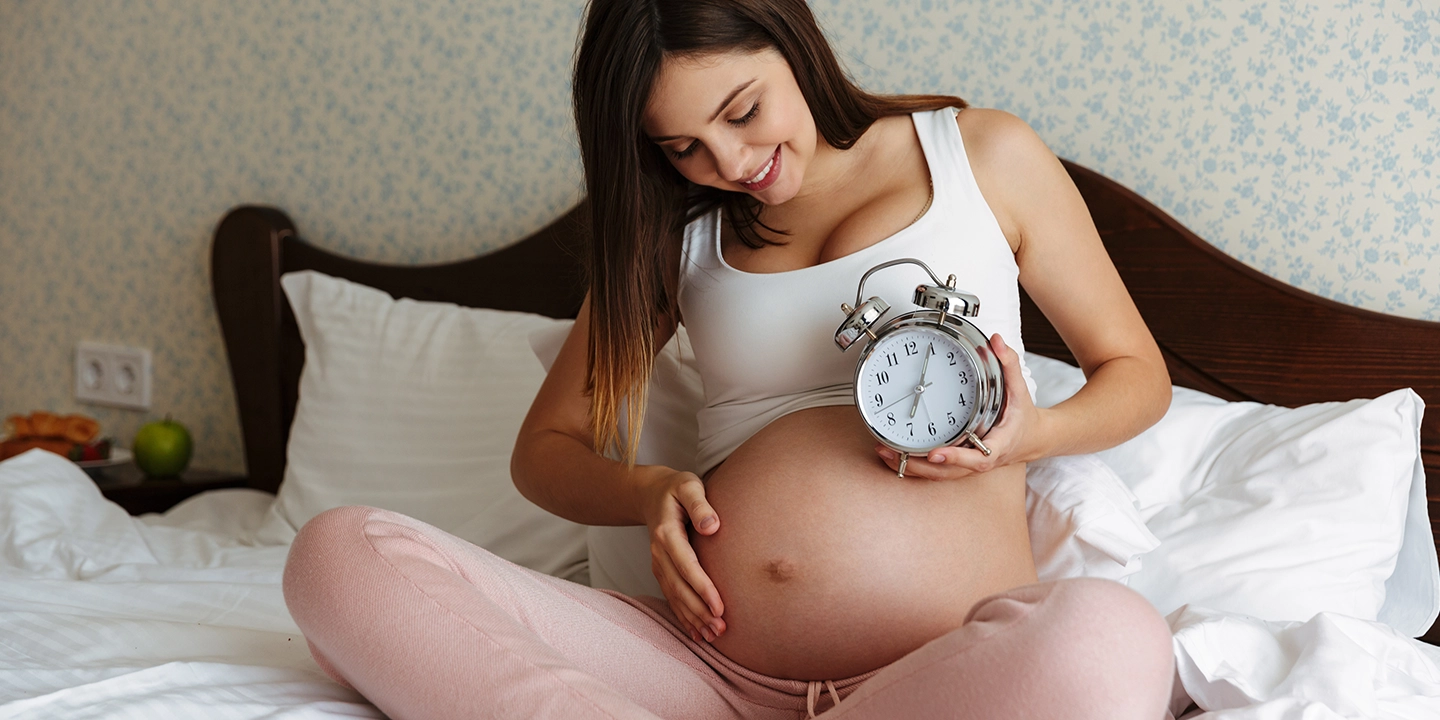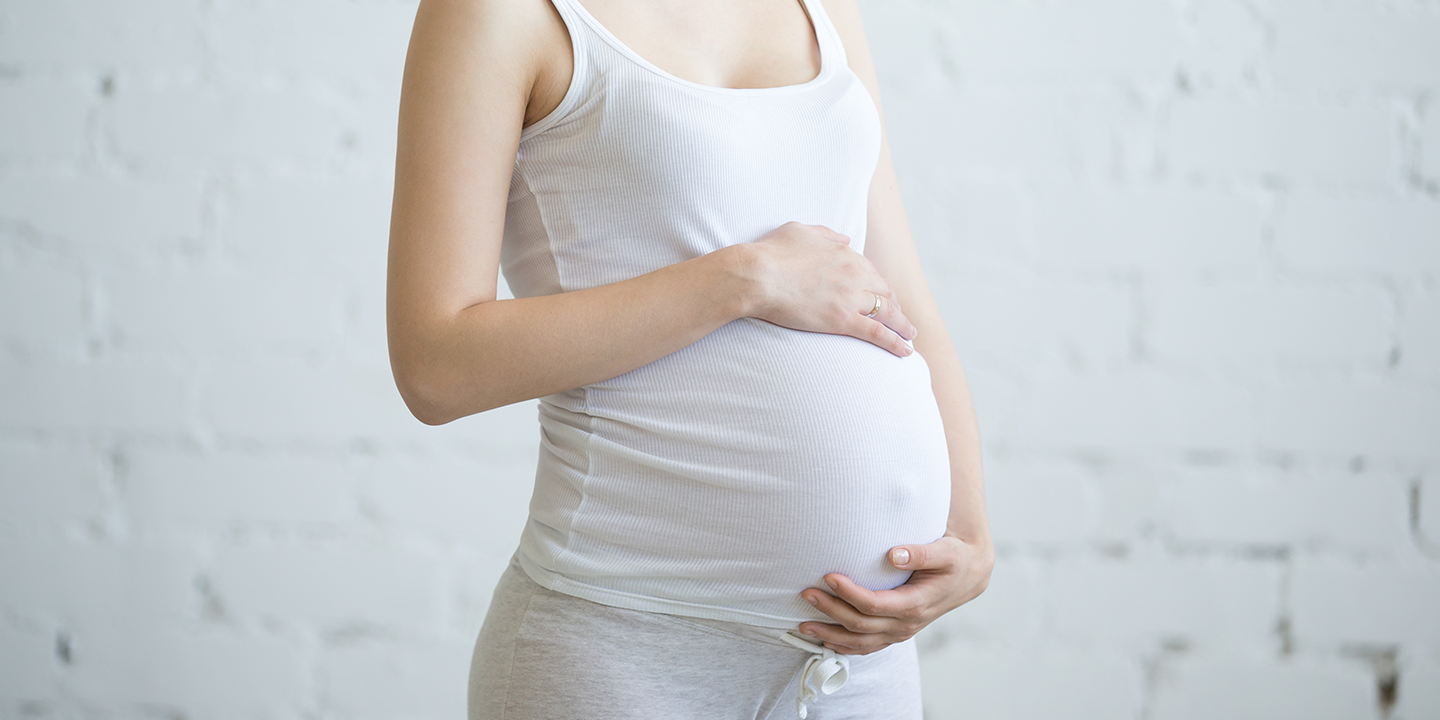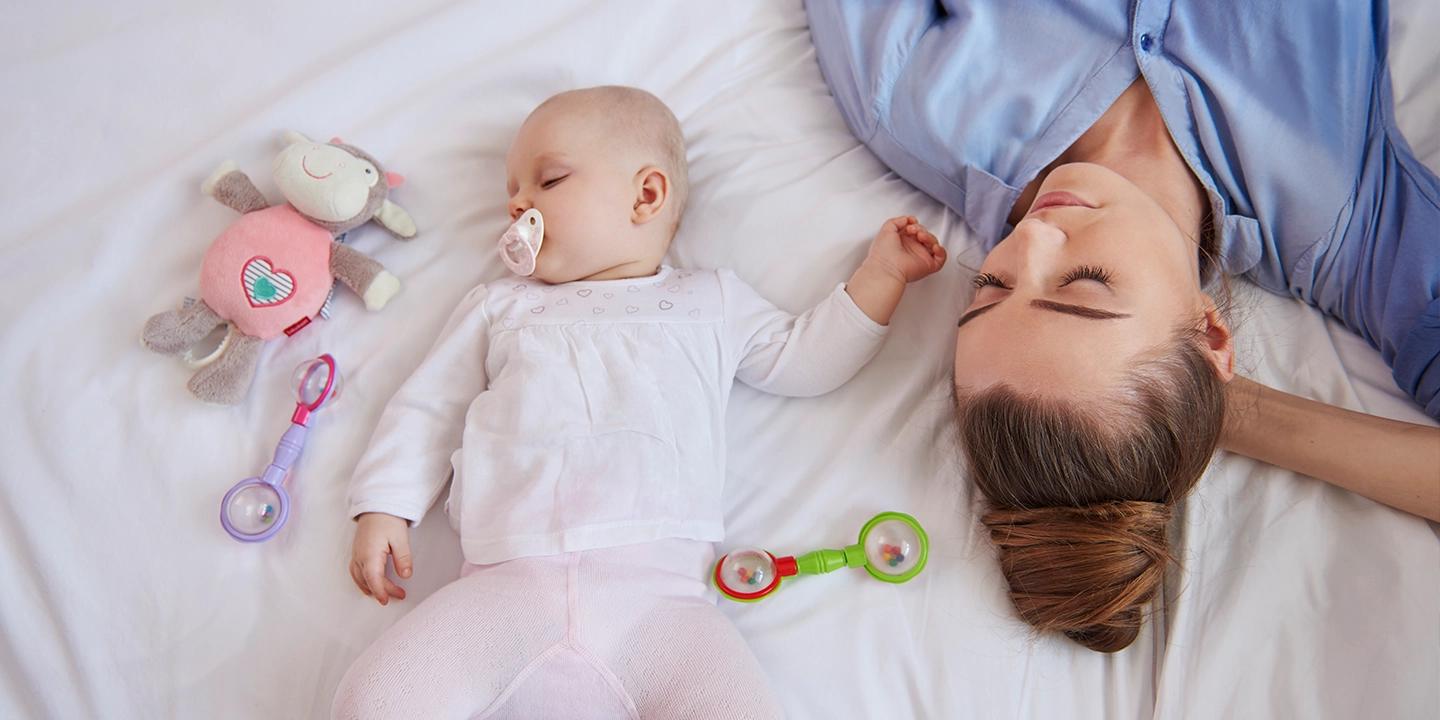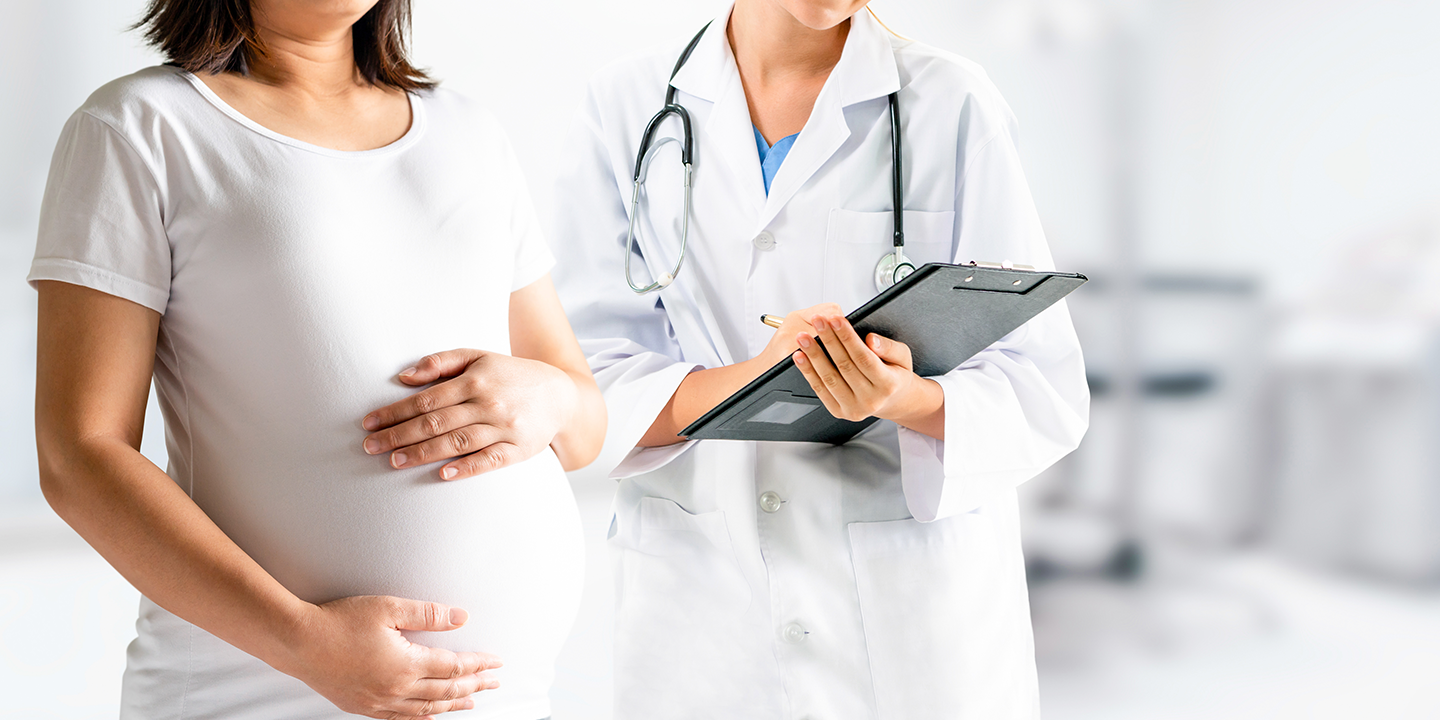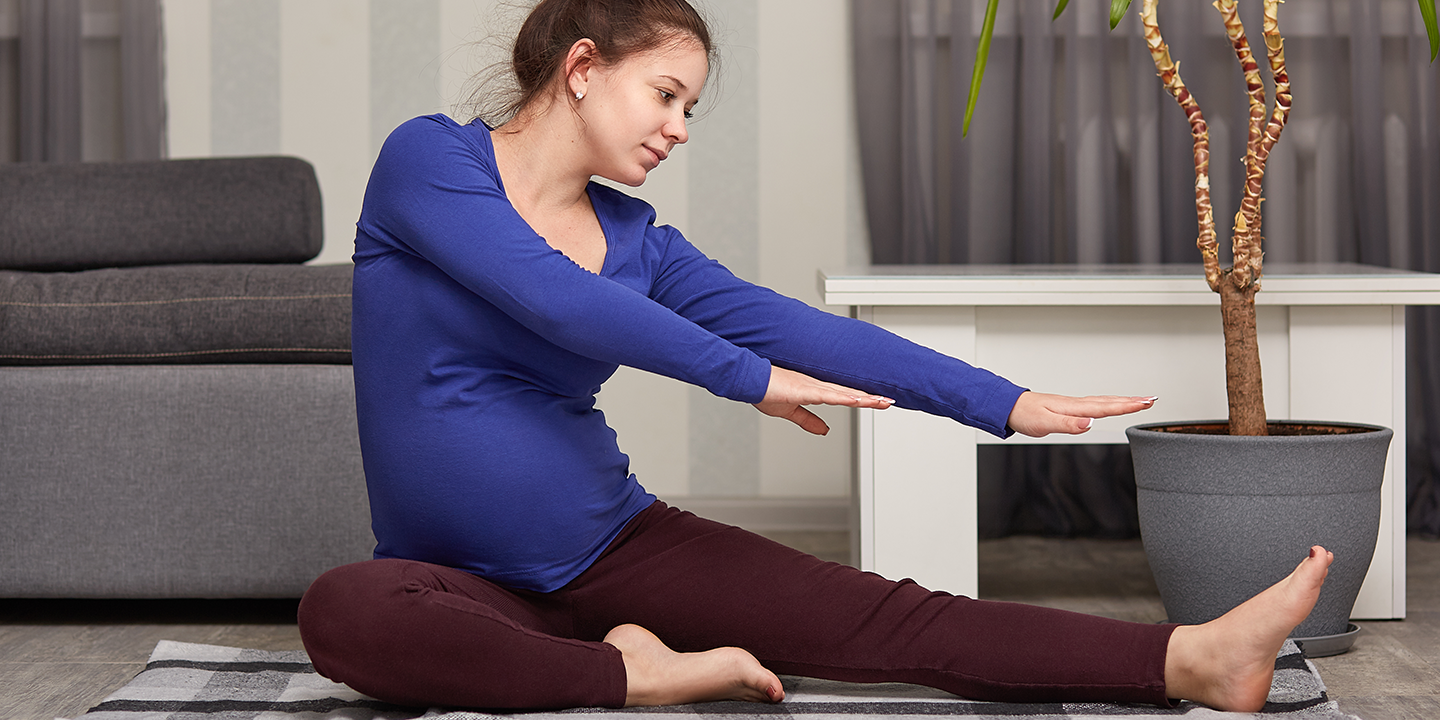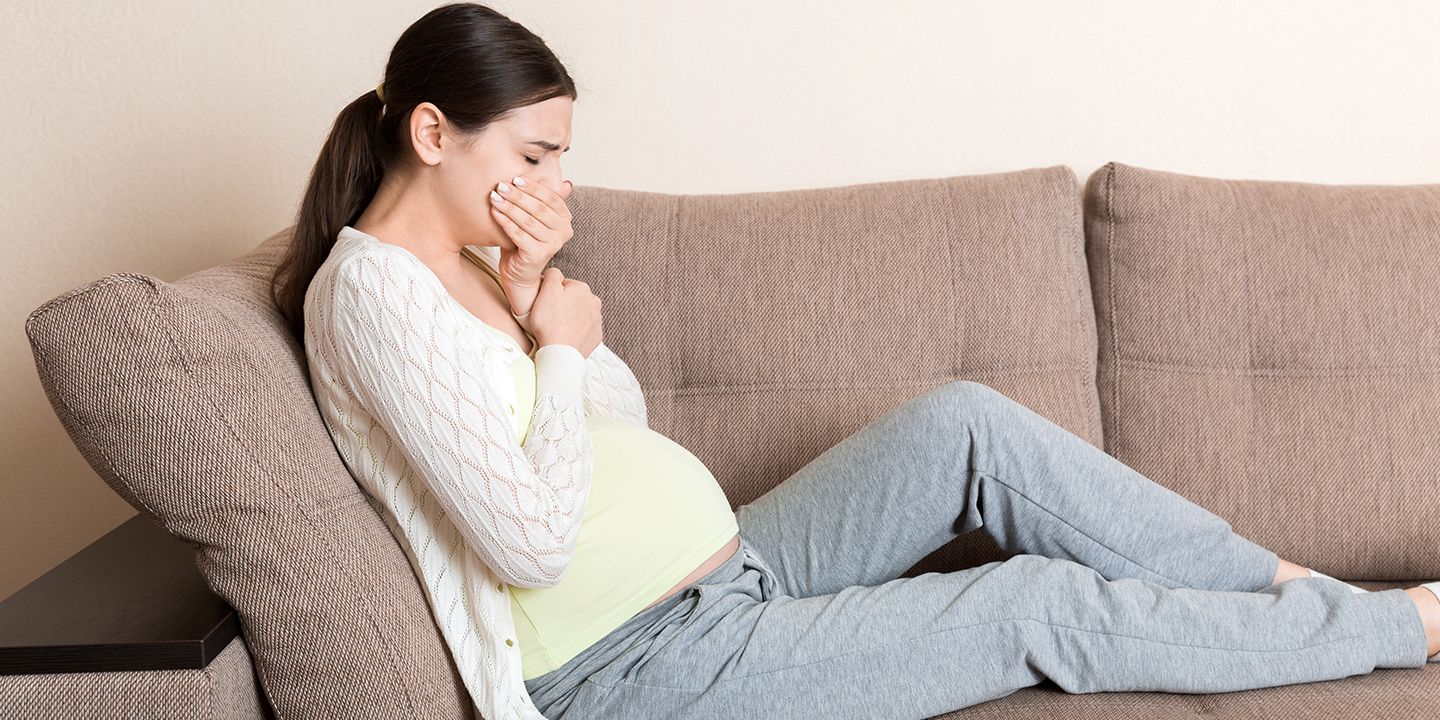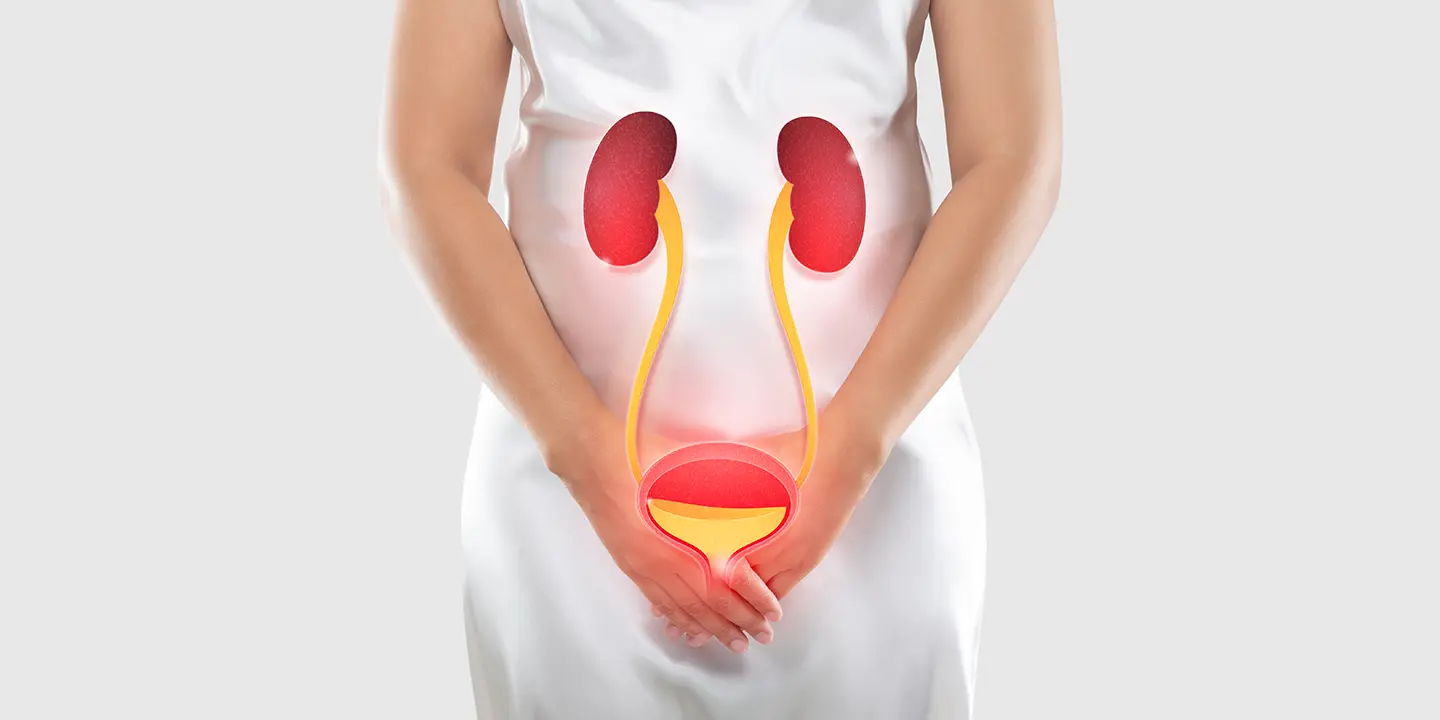
Even though it is one of the most wonderful times in a woman’s life, the onset of pregnancy comes with a whole lot of challenging signs and symptoms. Knowing these signs can help you take a pregnancy test at the right time and start focusing on your health from the beginning.
There are several early pregnancy signs and symptoms that can tell you if you are pregnant. These include spotting, feeling bloated, having cramps, and mood swings. While these symptoms can occur at any stage of pregnancy, they are usually most common at the beginning.
Women who are irregular may have a difficult time tracking their periods. This makes identifying early signs of pregnancy more difficult. However, there are many other symptoms that you must look for.
Nausea and vomiting are some of the more common early pregnancy symptoms. Breast tenderness is another early pregnancy sign. This can be a result of the hormones that change during pregnancy. As the hormones increase, the breasts become sensitive.
Mood swings are also common during pregnancy. Some women experience mood swings as early as three weeks after conception. Others may have more severe swings throughout the pregnancy.
If you want to know more about the early signs of pregnancy, continue reading. We are going to discuss the 10 early pregnancy signs and symptoms in this article.
Related Blog – 8 Surprising Things Unborn Babies Usually Do In The Womb
In this Article
What Are Early Pregnancy Signs and Symptoms?
When you become pregnant, your body goes through a series of changes. Your blood volume increases, you start to develop your placenta, and your kidneys start to process more fluid. You might experience various symptoms due to these changes. They are nothing but early pregnant signs.
If you want to know whether you are pregnant, there are a few early pregnancy signs and symptoms that you should look for. You should consult your physician if you experience any of these. Some early signs of pregnancy can be mildly uncomfortable, but the discomfort will fade as your body adjusts.
One of the more common early pregnancy signs and symptoms is spotting. This occurs when a fertilized egg implants into the uterine lining. It is usually accompanied by light cramping.
The best way to determine if you are pregnant is to visit your ob-gyn provider. If you think you are pregnant but can’t tell, then wait until your next period to take a pregnancy test.
Another early pregnancy sign and symptom is nausea. Nausea is a normal part of the pregnancy process, but it can range from minor to severe. Most women experience nausea during the first few months of pregnancy.
Other early pregnancy signs and symptoms include breast tenderness and a missed period. Both of these are caused by higher levels of hormones in your body.
Month By Month Pregnancy Symptoms
Pregnancy symptoms can vary widely among women, and not all women will experience the same symptoms or experience them at the same time. Pregnant women need to consult with their gynaecologist to discuss any concerns or unusual symptoms they may experience during their pregnancy journey. Below, we have tabulated the month-by-month pregnancy symptoms in detail-
|
Month |
Symptoms |
|
1st Month Pregnancy Symptoms |
|
|
2nd Month Pregnancy Symptoms |
|
|
3rd Month Pregnancy Symptoms |
|
|
4th Month Pregnancy Symptoms |
|
|
5th Month Pregnancy Symptoms |
|
|
6th Month Pregnancy Symptoms |
|
|
7th Month Pregnancy Symptoms |
|
|
8th Month Pregnancy Symptoms |
|
|
9th Month Pregnancy Symptoms |
|
10 Early Pregnancy Signs and Symptoms
Early signs of being pregnant differ from woman to woman, but there are some symptoms that are pretty common. Here is the list of 10 early pregnancy symptoms.
- Spotting and Cramping
One of the very early signs of pregnancy is spotting and cramping. They are not always a cause for concern. Spotting occurs when the fertilized egg attaches itself to the lining of the uterus. This process can occur within a few days of conception or as long as fourteen days after fertilization. Cramps can be mild or severe. The cramping might feel similar to menstrual cramps but is not always related. Cramps are most common in the early stages of pregnancy. Many women mistake them for the beginning of their period. These cramps are caused by a growing uterus. In addition, they may be triggered by coughing, sneezing, or changing positions. When it comes to early pregnancy spotting and cramping, it’s a good idea to discuss these symptoms with your healthcare provider. Taking a pregnancy test is the best way to determine if you are pregnant. A home test can be found in health stores and online. If you are unsure, you can ask your doctor for advice.
- Fatigue
There are several early signs of pregnancy, including fatigue. It is important to get adequate rest because your body is working hard to support you and your baby. During your first trimester, you will be building your placenta. This means your body’s working overtime to provide your baby with all the nutrients and oxygen he or she needs. Fatigue is one of the earliest signs of pregnancy, and it isn’t all that uncommon. This is often due to hormonal changes, which means that your body is working harder to support the baby. If you are experiencing excessive tiredness, talk to your OB-GYN. He or she can give you tips to help. Eating smaller, more frequent meals can also help. Getting some light exercise can also increase your energy levels. You may want to try a brisk walk or a yoga class.
Related Blog – 11 Tips for a Safe, Healthy Pregnancy
- Nausea and Morning Sickness
Morning sickness, one of the early signs of being pregnant, can occur at any time during your pregnancy. Nausea is the most common symptom, but vomiting can also occur. Nausea can be mild to severe. It can last for a few days, or it may go on for longer. Nausea and morning sickness is generally not harmful to your baby. However, you may also have trouble performing daily activities. If you are experiencing morning sickness, it’s important to see your doctor. They’ll make sure your and your baby’s health stays stable. Some women find that taking prenatal vitamins helps with their nausea. Also, taking a small number of fluids can help. Getting plenty of water is especially important.
- Breast Tenderness
Women’s bodies undergo many changes during pregnancy. The breasts are one of the areas of the body that change the most. One of the first signs of being pregnant is breast changes. Your body is working hard to support your unborn child, so your breasts will change to meet its needs. They may become larger and swollen. And they may develop stretch marks. There are various hormones that play a role in causing these changes. It is important to note that hormone levels are usually higher in women during the early stages of pregnancy. Pregnancy hormones stimulate the glands in the breasts. The areolas, which are oil-producing glands, can also darken during pregnancy. Other signs of pregnancy include a tingling sensation in the nipples.
- Missed Period
When you are pregnant, your body will undergo significant changes. This includes a missed period. In fact, about 29% of women report a missed period as the first symptom of pregnancy. However, it is not the only symptom. Other common early signs include fatigue, bloating, and mood swings. However, one of the first and most common signs of pregnancy is the missed period. During this time, the body is busy creating an environment conducive to the development of a baby. A missed period can be caused by a number of different factors. One of the most common reasons is stress. Another cause is excessive exercise. It is also possible to have a missed period if you are discontinuing birth control pills. The best way to find out if you are pregnant is to take a pregnancy test.
- Frequent Urination
Frequent urination is a common symptom of pregnancy. Women in their first and third trimesters may experience it. There are many causes, from hormonal changes to diuretic medications. It can be very uncomfortable. Generally speaking, pregnancy causes the kidneys to work harder to get rid of the extra liquid. This can cause a burning sensation or painful urination. The hormones of pregnancy are known to increase blood flow to the pelvic area. This, in turn, causes the kidneys to process the body’s fluids more effectively. Since this increases the amount of fluid in the body, some women may urinate more often than they normally would. In addition to the hormonal changes, the uterus will expand and put pressure on the bladder. When it expands, the bladder cannot hold in all the urine that it has to.
- Constipation
Constipation is one of the early symptoms of pregnancy that occurs in about 16 to 39% of pregnant women. It can be uncomfortable and sometimes painful. However, it is possible to keep constipation under control. Some of the ways to treat it include eating foods that are high in fiber and drinking plenty of water. The main cause of constipation is the change in hormones in your body. Progesterone, the main pregnancy hormone, slows down your digestive system and allows food to hang around in your digestive tract longer. While most women experience constipation during their first trimester, some women can have it earlier. This is because their bodies are preparing for pregnancy.
Related Blog – 10 Simple Ways To Prepare Your Body For First And Normal Delivery
- Mood Swings
It’s not unusual for a woman to experience mood swings during her pregnancy. This is due to hormonal changes. These changes can cause a pregnant woman to become irritable, depressed, and emotionally unstable. Pregnancy is an exciting time for many women. But it can also be an emotional roller coaster. Mood swings are a common symptom of pregnancy, and they can occur during all three trimesters. Symptoms may be as early as a week after conception. Depression and anxiety are also common in pregnancy. Mood swings can be caused by a number of factors, including lack of sleep, stress, and hormones.
- Headaches and Back Pain
When you are pregnant, back pain and headaches can be an issue. Back pain is usually due to ligament stretching and loosening. However, when the pain persists for more than two weeks, you should speak with your healthcare provider. Alternatively, you may need to consider physical therapy or even medication. Many women get mild headaches during the first trimester of pregnancy. Headaches can be caused by many different factors. For example, poor posture and stress can trigger them. It’s also possible that a hormone imbalance causes them. When it comes to back pain and headaches during pregnancy, it can be hard to tell whether they are caused by a problem or just a normal part of the early stages of pregnancy.
- Food Cravings
In early pregnancy, some women may experience food cravings. This can be an unwelcome symptom. Often, these cravings are harmless. Pregnancy cravings can be a good indicator of a lack of some important nutrients. You should consult a doctor if you are concerned. A doctor will be able to advise you on the best treatment for your cravings. Some common cravings during early pregnancy include chocolate and ice pops. Other foods, such as fruit and vegetables, are also commonly desired. If your cravings don’t go away after a few weeks, it could be a sign of an iron deficiency or another nutrient deficiency. Cravings are usually strongest in the second trimester. But they can last throughout the entire pregnancy.
Early Pregnancy Symptoms by Week
Throughout your pregnancy, you might experience various symptoms. Some symptoms might appear during the early weeks, while others might appear at a later stage. For a better understanding, here are early pregnancy symptoms by week.
The early pregnancy symptoms appear during the first few weeks of the first trimester of pregnancy. The body undergoes rapid changes during this period. These symptoms should subside by the week. Here are some week-by-week early symptoms of pregnancy.
- Week 1: The first week of pregnancy is the start of your last period. During the first week of pregnancy, you might face common symptoms like bleeding, sore bread, cramping, and mood swings.
- Week 2: During this week, ovulation occurs. So, the symptoms of 2nd week of pregnancy are abdominal pain, slippery discharge, breast tenderness, and increased basal body temperature.
- Week 3: In the 3rd week, the fertilized egg implants into the uterine cavity. The common symptoms during the 3rd week are implantation bleeding and mild abdominal cramping.
- Week 4: During this week, you test positive with a home pregnancy test. The common symptoms during this week are breast tenderness, fatigue, constipation, mood swings, bloating, and a heightened sense of taste and smell.
- Week 5: The hormones are high during this week. The common symptoms include mood swings, fatigue, nausea, and breast tenderness.
Related Blog – Getting Pregnancy in Pandemic Times – COVID 19
| Week | Pregnancy Symptoms | Tips and Advice | Baby Development |
| Week 1 | – Missed period | – Take a home pregnancy test | – Fertilization occurs |
| Week 2 | – Tender breasts | – Begin taking prenatal vitamins | – Blastocyst implants in the uterus |
| Week 3 | – Fatigue | – Schedule your first prenatal visit | – Embryonic development begins |
| Week 4 | – Morning sickness starts | – Avoid alcohol, smoking, and caffeine | – Neural tube forms |
| Week 5 | – Increased urination | – Eat a balanced diet | – Heart starts beating |
| Week 6 | – Mood swings | – Stay hydrated | – Brain and head development |
| Week 7 | – Constipation | – Start gentle exercise | – Limb buds form |
| Week 8 | – Food cravings | – Get plenty of rest | – Webbed fingers and toes develop |
| Week 9 | – Weight gain begins | – Avoid raw or undercooked foods | – Tail disappears, now considered a fetus |
| Week 10 | – Visible baby bump | – Wear comfortable clothing | – Organs continue to develop |
| Week 11 | – Darkened areolas | – Practice relaxation techniques | – Baby can swallow and produce urine |
| Week 12 | – Reduced nausea | – Consider prenatal classes | – Sex organs distinguishable |
| Week 13 | – Increased energy | – Continue regular check-ups | – Baby’s fingerprints form |
| Week 14 | – Less frequent urination | – Plan for maternity leave | – Baby’s facial muscles develop |
| Week 15 | – Quickening (baby moves) | – Do pelvic floor exercises | – Baby can make facial expressions |
| Week 16 | – Round ligament pain | – Stay active with low-impact exercises | – Develops sense of hearing |
| Week 17 | – Nasal congestion | – Consider a prenatal massage | – Baby’s skeleton starts hardening |
| Week 18 | – Belly button changes | – Stay well-hydrated | – Vernix caseosa covers the skin |
| Week 19 | – Braxton Hicks contractions | – Eat small, frequent meals | – Baby’s kicks become stronger |
| Week20 | – Leg cramps | – Begin monitoring baby’s movements | – Baby is covered in lanugo (fine hair) |
| Week 21 | – Shortness of breath | – Sleep on your side | – Eyebrows and eyelashes appear |
| Week 22 | – Linea nigra (skin darkens) | – Practice relaxation techniques | – Rapid brain development |
| Week 23 | – Backache | – Consider prenatal yoga or swimming | – Baby can recognize your voice |
| Week 24 | – Swollen ankles | – Elevate feet when sitting or lying | – Lungs continue to mature |
| Week 25 | – Increased appetite | – Continue regular prenatal check-ups | – Baby may respond to loud noises |
| Week 26 | – Heartburn | – Sleep with extra pillows for support | – Eyes open for the first time |
| Week 27 | – Braxton Hicks intensify | – Pack your hospital bag | – Baby can hiccup |
| Week 28 | – Trouble sleeping | – Monitor blood pressure | – Baby’s kicks become more regular |
| Week 29 | – Shortness of breath | – Avoid lifting heavy objects | – Baby’s bones fully developed |
| Week 30 | – Swollen hands | – Stay hydrated and avoid salt | – Baby may be head-down in preparation for birth |
| Week 31 | – Increased vaginal discharge | – Take childbirth classes | – Baby’s immune system develops |
| Week 32 | – Hemorrhoids | – Practice perineal massage | – Baby’s toenails and fingernails grow |
| Week 33 | – Trouble finding a comfortable position to sleep | – Rest and nap when possible | – Baby’s bones start to harden further |
| Week 34 | – Frequent urination | – Prepare for maternity leave | – Baby’s central nervous system matures |
| Week 35 | – Braxton Hicks increase | – Avoid prolonged standing or sitting | – Baby’s skin becomes less wrinkled |
| Week 36 | – Pelvic pressure | – Finalize birth plan | – Baby continues to gain weight |
| Week 37 | – Lightening (baby drops) | – Stay active with walking | – Baby’s head positions for birth |
| Week 38 | – Fatigue increases | – Do pelvic exercises | – Baby’s lungs are fully mature |
| Week 39 | – Cervix effacement | – Rest and conserve energy | – Baby’s immune system continues to develop |
| Week 40 | – Contractions begin | – Monitor contractions | – Baby’s digestive system is ready for breast milk |
| Week 41 | – Dilation of cervix | – Stay calm and patient during labor | – Baby’s head molds to fit through the birth canal |
Note: Please note that every pregnancy is unique, and symptoms and developments may vary from person to person. Always consult with a healthcare professional for personalized advice and care during pregnancy.
Conclusion
Early signs and symptoms of pregnancy are not the same for everyone. However, it is important to keep track of your body and recognize the early signs of pregnancy to help safeguard your health. Nausea is a common symptom of early pregnancy. It can occur at various levels, from mild to severe. Mood swings are another common symptom of early pregnancy. Other early pregnancy symptoms include heartburn, constipation, and bloating.
However, you cannot rely on the symptoms when it comes to confirming pregnancy. If you want to be 100% sure, it is best to take a test. While home pregnancy tests are easier, they are not always accurate. So, the best thing you can do is visit a gynecologist for a pregnancy check-up. They will conduct a blood test to confirm your pregnancy and help you with the entire process. If you are looking for a good gynecologist, visit Queen’s Gynaecology. It is one of the best clinics in Delhi for pregnant women. They have a skilled team of gynecologists that can help you identify early signs of pregnancy as well as conduct pregnancy tests.
FAQs
There are a few common signs of pregnancy in the first few weeks. The most commonly recognized are cramping, mood swings, breast tenderness, fatigue, etc. However, the main symptoms begin around 4 to 6 weeks of pregnancy. These symptoms include morning sickness, headache, back pain, cravings, etc.
If you are planning to have a baby, you should be aware of the symptoms you can expect during pregnancy. Aside from your regular doctor, you may also want to seek out a gynecologist or obstetrician.
Your first prenatal appointment is a great time to talk to your provider about your pregnancy and any problems you might be experiencing. You should discuss any concerns you have and make a list of medicines you might be taking.
You should call your doctor around eight weeks of gestation or when you miss your period if you can contact them after a positive pregnancy test.
One of the best ways to know whether you are pregnant without a test is by checking the symptoms. If you are experiencing a missed period or other signs of pregnancy, like breast tenderness, spotting, cramping, or mood swings, it is an indication that you are pregnant.
A missed period is the most common sign of early pregnancy. However, not every woman has this symptom. This is because many women experience an irregular menstrual cycle.
The best way to know if you are pregnant is to take a pregnancy test. A pregnancy test measures the hormone human chorionic gonadotropin (hCG) in the urine.
Pregnancy is one of the most beautiful experiences a woman will ever experience in her life. There are two basic methods used by doctors to confirm a positive pregnancy: blood tests and chemical tests. Most over-the-counter tests can detect human chorionic gonadotropin, the hormone produced by the placenta during early pregnancy. The hormone can be dissolved in urine, and a positive pregnancy result will be found.
A pregnancy test is a handy little device that can be used to determine if you are pregnant. The key to getting an accurate result is to time your test right. For the best results, you should avoid testing right before your period. This can skew the test’s accuracy and give you a false negative result. It’s better to wait for at least three days after your last menstrual period to take a test. The best time to take the test is early in the morning when you wake up.


